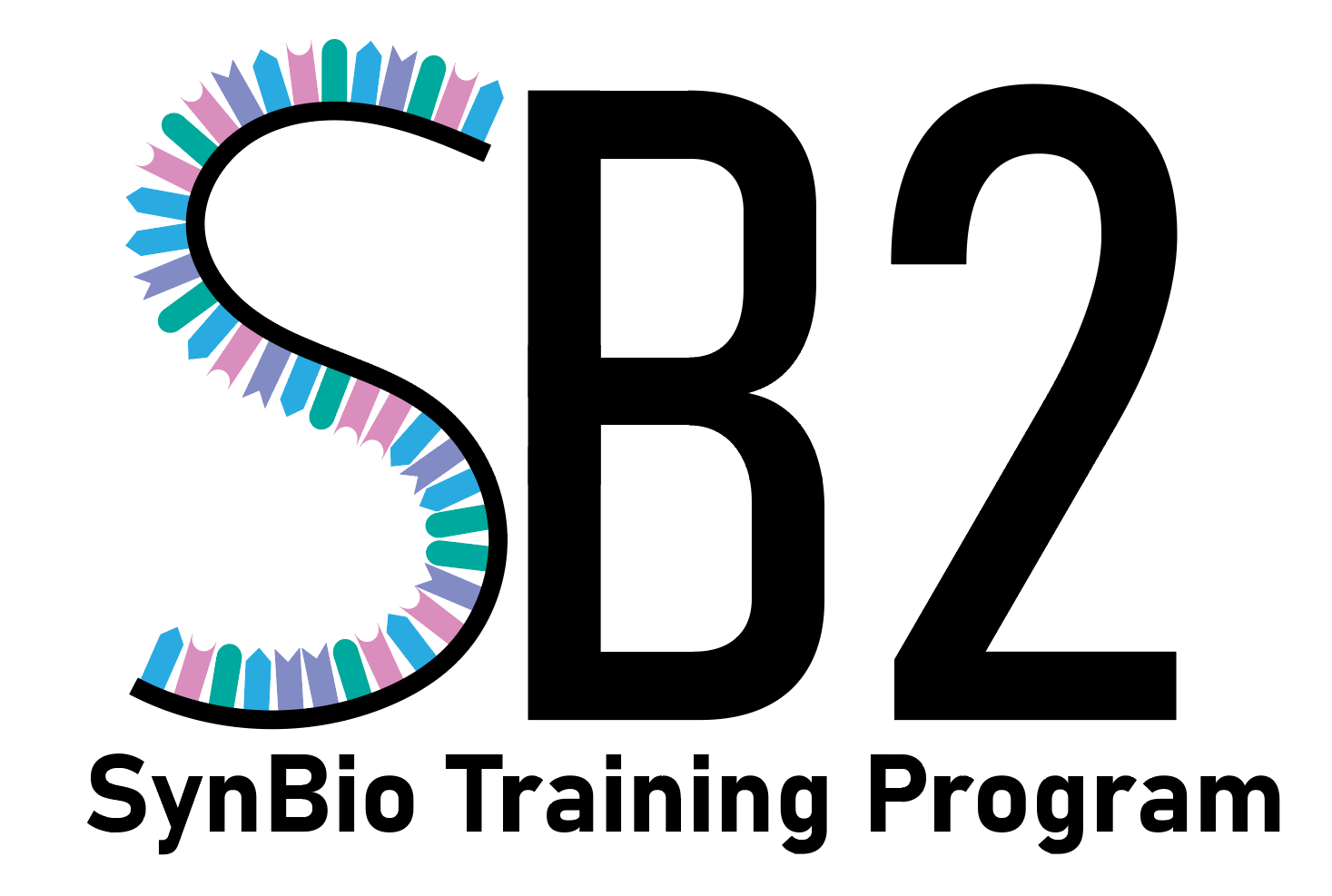Curriculum
Because of the inherent interdisciplinary nature of synthetic biology, we recruit our trainees from three complementary graduate programs at BU: the Department of Biomedical Engineering (BME), the Bioinformatics (BI) Program, and the Molecular Biology, Cell Biology, & Biochemistry (MCBB) Program. Incoming students in these three programs represent the full range of expertise and backgrounds necessary to create a robust synthetic biology training environment, including engineering, molecular and cell biology, computational biology, physics, microbiology and evolution, and other related fields. The multiple departments and fields brought together by this diverse group of trainees will broaden the knowledge-base of our trainees and create more opportunities for scientific discourse across disciplines.
Our core requirements are organized so that our trainees can explore their diverse interests, while still having a solid foundation in this field. Coursework is structured so that these graduate students obtain a strong background in their fields (via departmental/programmatic requirements) before they enter the Training Program at the start of their second year of graduate school. Upon joining the program, trainees participate in unifying coursework that additionally emphasizes the importance of scientific problem solving and provides training in data analysis and computation. The SB2 required courses are integrative, in that they teach biology, quantitative methods, and data analysis, and they have been carefully selected so that they are suitable for students from the diverse backgrounds that channel into the SB2 program.
BU requires that 64 credits be completed to obtain a Ph.D. These credits are divided between coursework and research. The BME, BI, and MCBB programs each have their own requirements for core courses, electives, and other formal training activities. Although the details differ across programs, students take 32–34 course credits, participate in rotation projects in their first year of graduate school, and satisfy a teaching requirement. In addition, all programs have a qualifying exam, requirements about presenting research as part of a seminar or prospectus, regular committee meetings, and a final defense of the dissertation. The SB2 technical training integrates into these existing programmatic requirements, making use of electives and other opportunities to unify technical training for students without increasing their time to graduation.
Relevance of coursework. The courses that comprise the core of the SB2 program support the complementary goals of:
- providing synthetic biology training by requiring coursework in interdisciplinary areas including biology, chemistry, and engineering,
- emphasizing the importance of scientific problem solving, critical thinking, and experimental design through core coursework on methods and logic, and
- providing a solid basis for data analysis and computation by providing trainees with the coursework required to perform and critically analyze data.
All three components are critical not only for the successful practice of synthetic biology, but to ensure that our trainees are equipped with the necessary skills and best practices for conducting robust and reproducible research. The SB2 program required coursework consists of three components:
- Practices & Building Blocks. Synthetic biology applies engineering concepts to molecular cell biology, striving to develop a set of common approaches and laboratory practices. This coursework component provides introduction into the fundamental cellular processes that synthetic biologists use as building blocks, including signaling molecules, gene regulatory networks, and metabolic cycles, as well as wet lab instruction into the modern best practices of genetic and cellular manipulation and measurement, including designing well-controlled experiments.
- Concepts & Rigor. In addition to obtaining mastery of the modern tools described above, synthetic biologists must also have a common language and philosophy that emphasizes a quantitative and systems-level view of biology. This component will (i) instruct students that ‘bottom up’ approaches can reveal new biology and produce biological systems with technological value, and (ii) offer rigorous dissection and critique into the methods and logic of quantitative / engineering biology efforts. This component also helps the trainees become proficient in experimental design, critical thinking, and hypothesis generation.
- Computational / Data Analysis. The genomics era ushered in techniques for sequencing genomes and creating large, quantitative datasets of molecular building blocks. Synthetic biology is a post-genomics effort to explore how these building blocks come together to create functional biological systems. As such, synthetic biologists must be equipped with modern computational tools and methods for analyzing large (i.e., genome-scale) datasets, and they must be able to evaluate new analysis methods introduced by other teams to promote reproducibility in synthetic biology research.
Because students come from diverse educational backgrounds, we have established these guidelines to put in place a structure so that all trainees receive a broad training in these three areas. This will supplement training specific to their degree programs and research interests.
